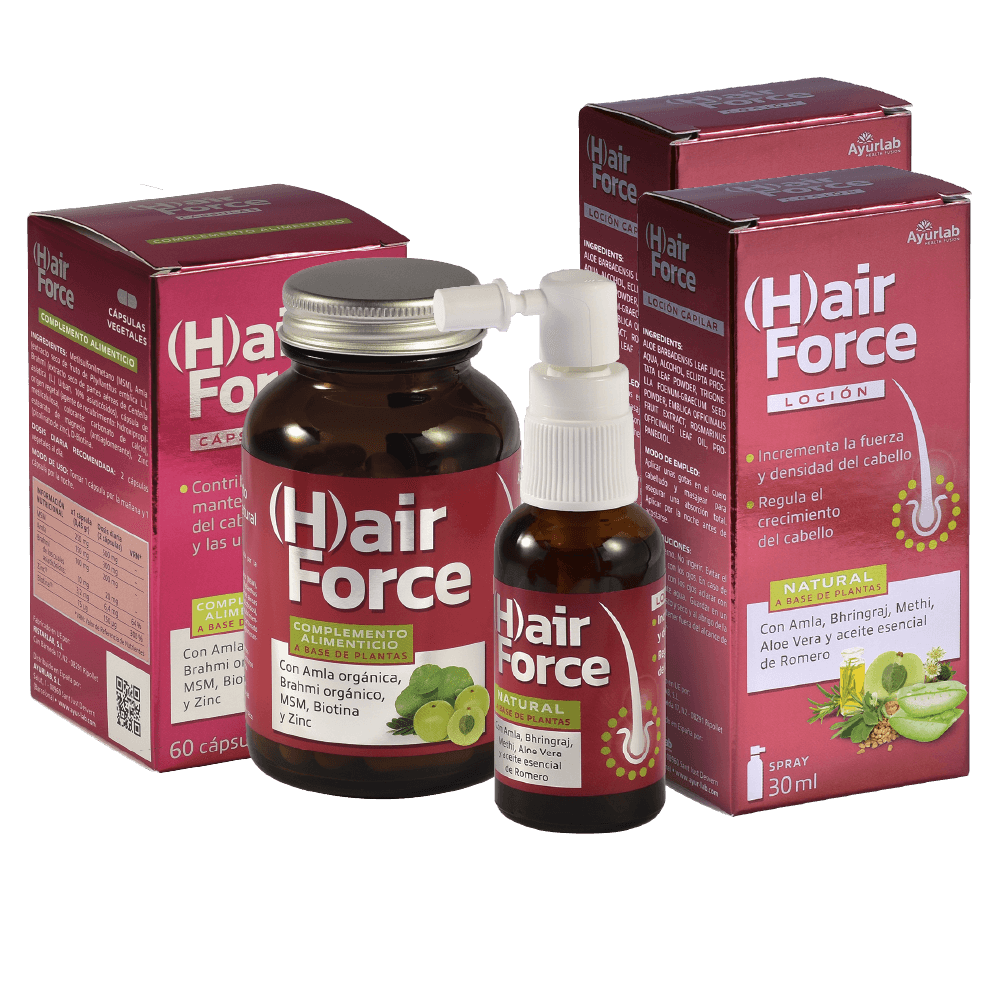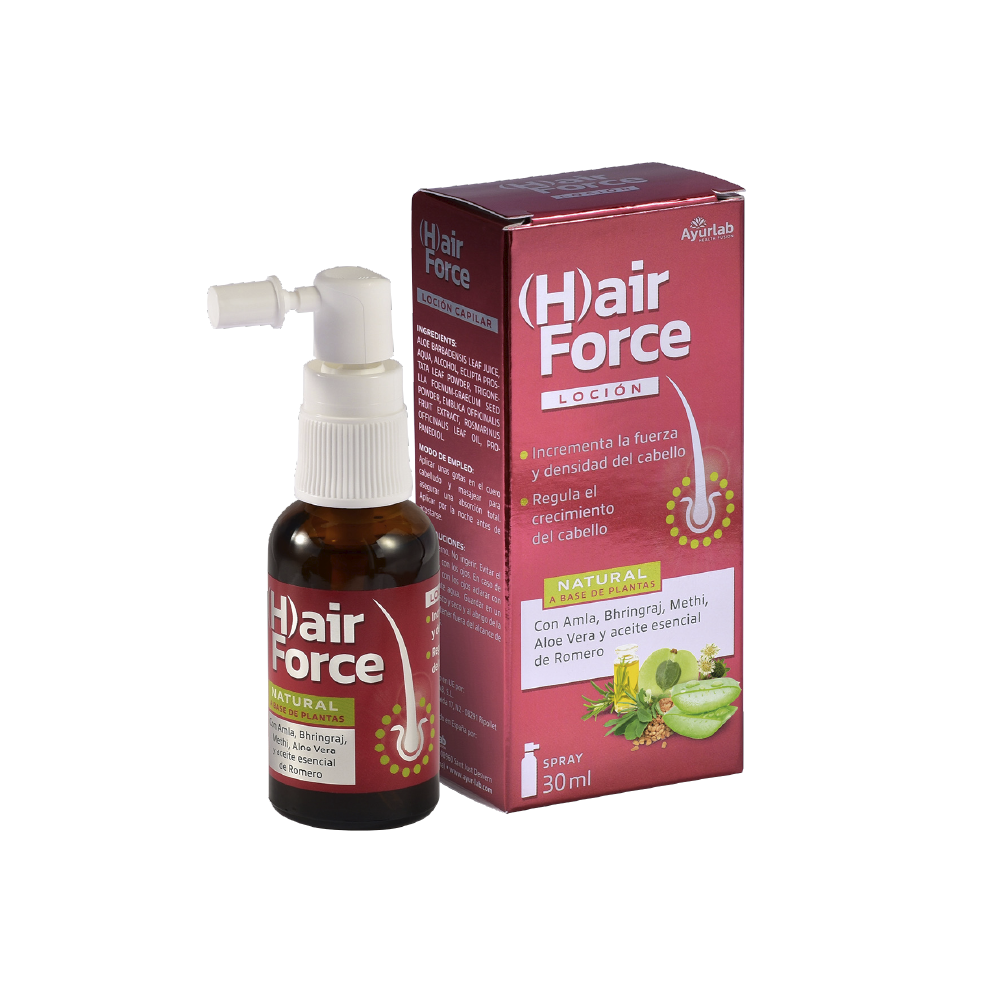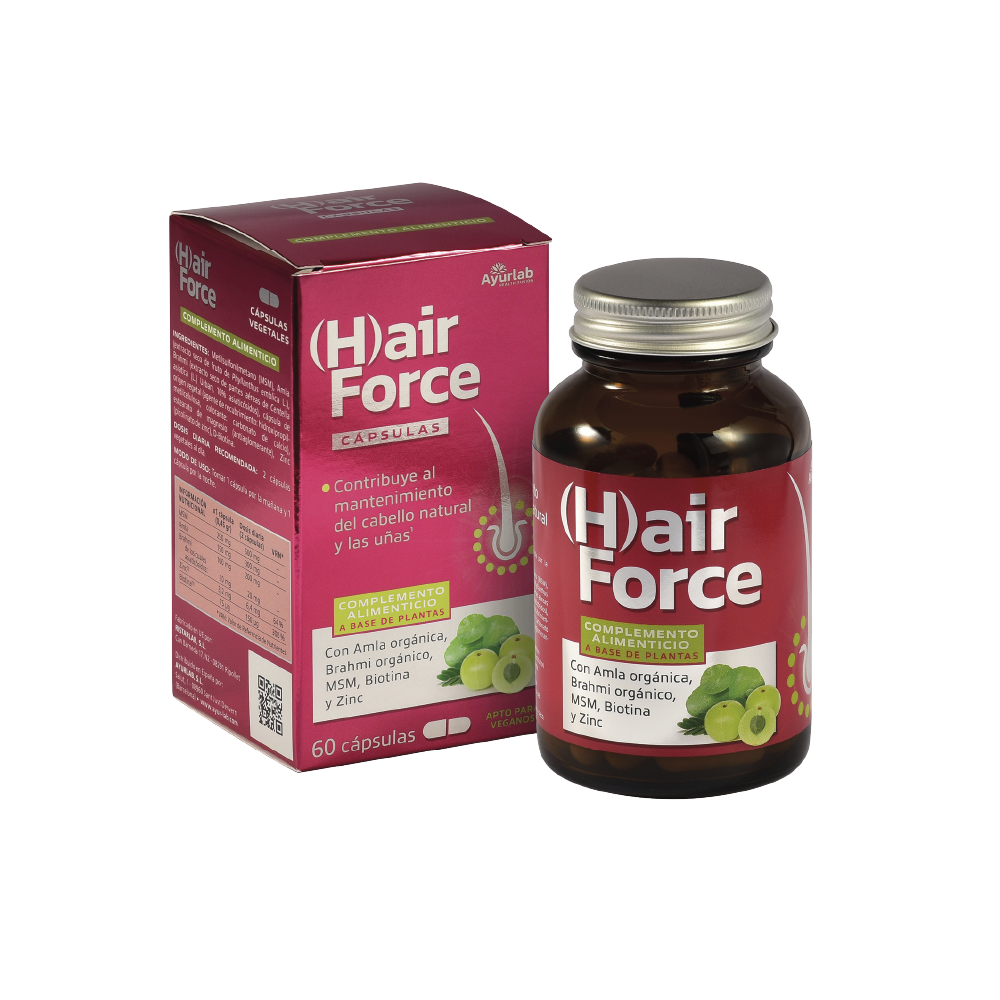MSM
What is MSM?
Methylsulfonylmethane (MSM) is an organic substance found in some foods and plants. It is also synthetically produced as a dietary supplement and is commonly used in natural medicine to treat various health conditions such as joint pain, inflammation, weak skin, and nails, among others.
What is Methyl Sulfonyl Methane used for?
It is a source of biodisposable organic sulfur, which is an important component of proteins, enzymes, and tissues in the human body.
Products
Properties of MSM
Relieves joint and muscle pain
MSM has anti-inflammatory properties that help reduce pain in joints and muscles.
Improves skin, hair, and nail health
MSM has been shown to improve collagen production, which can help improve the appearance and health of skin, hair, and nails.
Strengthens the immune system
MSM can increase the production of glutathione, an important antioxidant that helps protect the immune system.
Relieves allergy and asthma symptoms
MSM has been shown to reduce inflammation in the airways, which can help relieve allergy and asthma symptoms.





